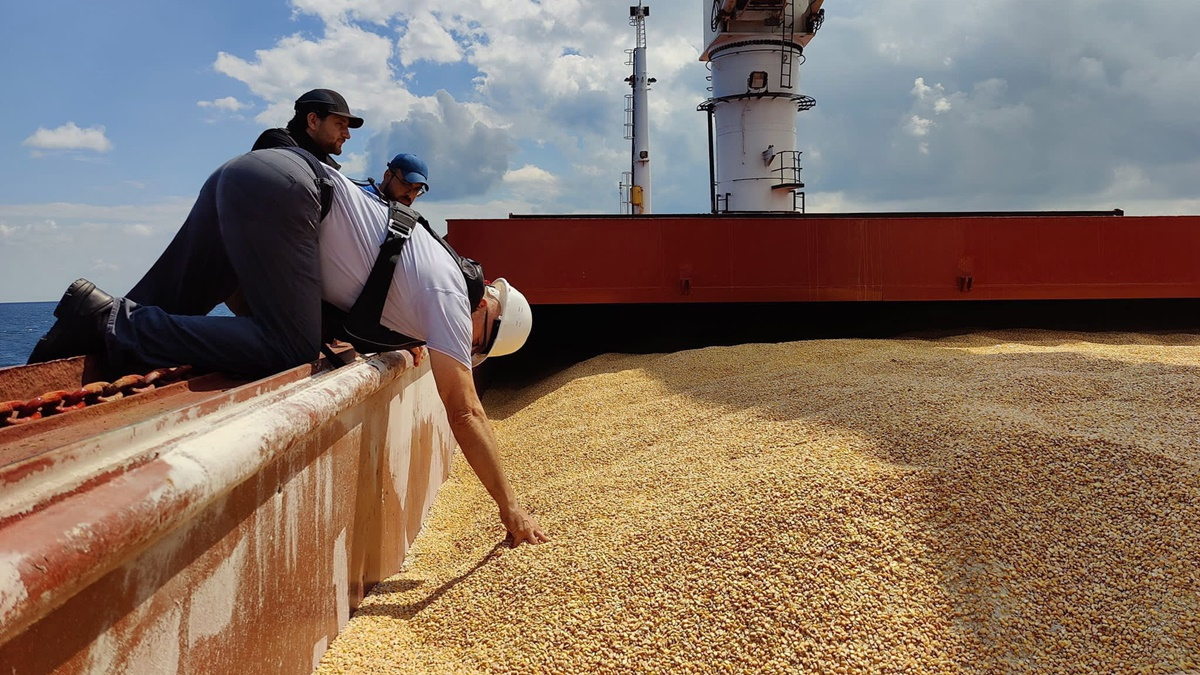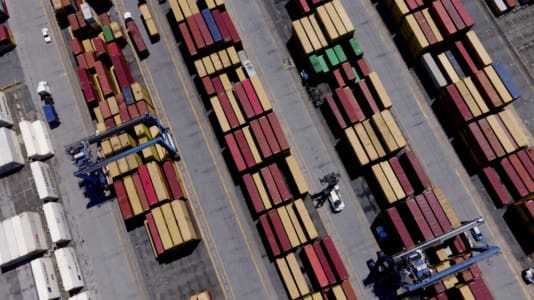Russia and Ukraine have agreed to extend an agreement allowing grain exports from the Black Sea, Turkish President Recep Tayyip Erdoğan announced on Saturday. According to the Ukrainian side, the agreement has been extended by 120 days, while the Russians say it has been extended by 60 days.
“Following our negotiations with both sides, we have managed to reach an extension of the agreement, which was due to expire on March 19,” the Turkish president said at an inauguration ceremony in Canakkale, Turkey.
Erdoğan also thanked Russia, Ukraine and the UN for their efforts, while saying the agreement was vital for the stability of global food supplies. He recalled that more than 800 ships have delivered some 25 million tons of grain to the world market under the agreement.
When announcing the extension, the Turkish president did not say how long it would last. Earlier, Kyiv rejected a Russian request for a 60-day extension instead of 120 days, arguing that the original agreement had stipulated in black and white that an extension of at least 120 days was possible.
Ukrainian Infrastructure Minister Oleksandr Kubrakov wrote on Twitter that the agreement had been extended again by 120 days. He also expressed his gratitude to the UN and Turkey for their efforts.
Russian Foreign Ministry spokeswoman Mariya Zakharova, however, said that the grain export agreement had only been extended by 60 days this time. She also indicated that Moscow would not consider a further extension beyond that date until Russia’s concerns are taken into account.
The spokesperson published a copy of a letter from the Russian Permanent Mission to the UN, indicating that Moscow does not oppose a 60-day extension of the agreement until May 18.
The agreement on Black Sea grain exports was reached in July last year. Under the deal, grain can be exported from three Black Sea ports through secure corridors; the implementation of the agreement was coordinated by Turkey.
Meanwhile, several Central European countries have seen their grain markets harmed by cheap Ukrainian imports, which have yet to leave the European Union and are clogging grains silos.






